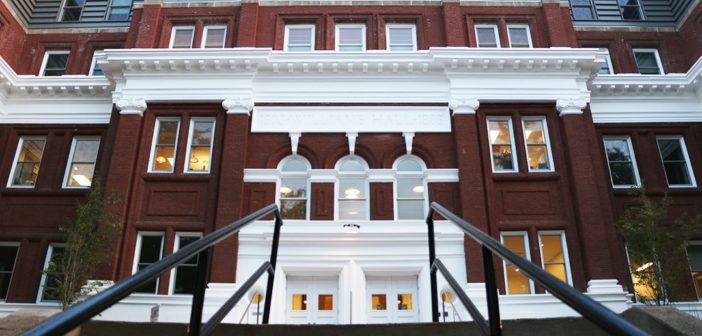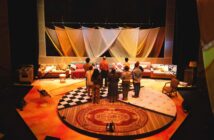She tapped her pencil on the desk, searching every corner of her brain for the answer to the exam question.
She looked beside her, expecting to see her peer struggling as well. Instead, she saw him crouched over, right hand gripping the pencil and left hand hidden under his desk. Out of the professor’s view, she spotted the screen of his apple watch pulled up to Google, as he slyly typed in what she presumed to be the exam questions.
“It made me uncomfortable, and it was frustrating to watch,” the student said, who wished to remain anonymous due to the nature of the situation. “I know cheating happens at Lehigh, but this is the first time I ever saw it happening.”
While looking up answers on an exam is one form of cheating, the Lehigh University Student Code of Conduct has a much broader definition. This ranges from getting unauthorized assistance on exams to paraphrasing another’s ideas or themes without clear and proper acknowledgment to submitting falsified data.
Though students know that cheating is wrong, it does not stop some of them.
Christopher Mulvihill, the associate dean of students, is responsible for dealing with all students who violate the Code of Conduct each year. He said many students who come into his office are the ones who are least suspected to be cheating.
“It’s the ones that have great grades and want to maintain it,” Mulvihill said. “They may try to take a shortcut for a class that’s not in their major to save time for classes that they care about more.”
Consequences for first time offenders include a hearing, where a panel determines the outcome. While the panel may suggest to a professor to lower a student’s grade by one letter, it is still up to the discretion of the professor if he or she wishes to fail the student, Mulvihill said.
Pat Farrell, provost and vice president for academic affairs, said he hopes that it is more than fear of punishment that deters students from engaging in dishonest work.
“Faculty must encourage students that the reason to not cheat doesn’t have to do with getting caught,” Farrell said. “The reason is because students need to be well prepared, learn as much as they can, make mistakes and get the grade they deserve even if it’s not the grade they want.”
Since looking up answers during a test yields a high likelihood of getting caught, students have developed other methods to assist them in class, such as using test banks in Greek houses.
“I don’t think test banks are cheating if the chapter goes through the content every year and asks professors for permission to have their tests in there,” Mulvihill said. “And if they don’t (give permission), you have likely acquired academic work that you shouldn’t have and using those resources would be considered cheating.”
One way for students to ensure they do not accidentally engage in academic dishonesty is checking with their professor to make sure they have an understanding of what is expected in the course, Farrell said. He said in some instances, collaboration is encouraged, but in other classes, it could be defined as cheating.
Once this understanding is developed, it is up to each student to hold himself or herself to the same standard of excellence that Lehigh and some day the workforce will expect of them.
Mulvihill said students who get in trouble for cheating are sent to a program at an outside university, where they work with tutors to write a paper on ethics. He said based on the quality of those papers, he knows students learn from the program.
“Sometimes you can convince yourself that if the stakes are low, it’s OK,” Farrell said. “I understand the difference in stakes on an exam versus a homework assignment, but I believe personal integrity supersedes the stakes.”






Comment policy
Comments posted to The Brown and White website are reviewed by a moderator before being approved. Incendiary speech or harassing language, including comments targeted at individuals, may be deemed unacceptable and not published. Spam and other soliciting will also be declined.
The Brown and White also reserves the right to not publish entirely anonymous comments.